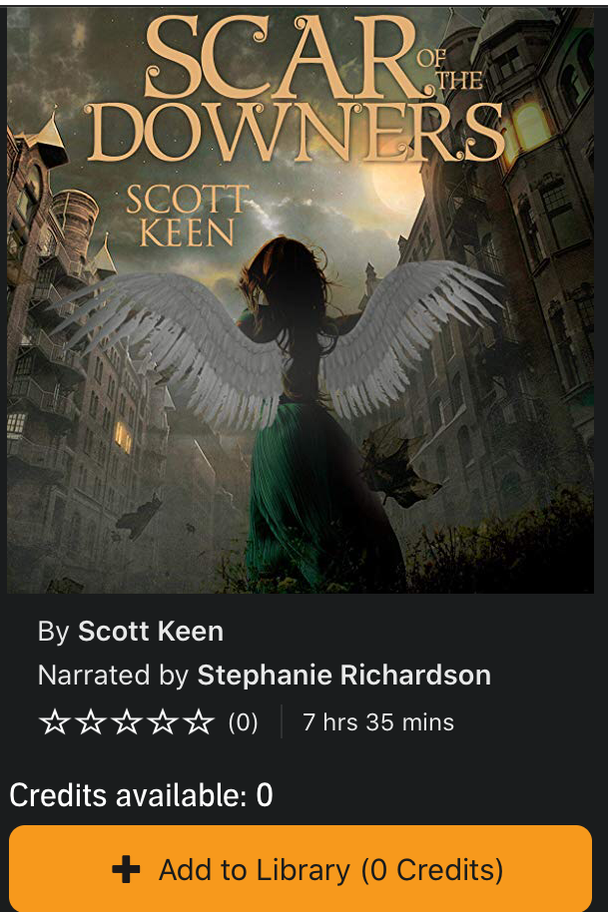|
What makes a good book a good movie? What makes a good book a bad movie? These are two questions that many people (especially those in the movie making industry) would probably like a clear and concise answer. Unfortunately, everyone knows that there is no clear, concise answer. In some ways, it’s a guess, a spin of the roulette, if you will. A gamble. While this blog post doesn’t answer this question (how could it?), I will give my opinion on the subject, since everyone else does. Besides, I need to write about something. It might as well be this. The movie, “A Wrinkle in Time,” which is a book I’ve read more than once, was recently released. Now, I’m not going to delve into the reasons why this movie didn’t do well. Others have done it better than I could. I have also yet to watch the movie, so I can’t truly comment on it. This, however, brought up the question: why do some books make good movies and why do other books-as-movies fail? I have a few ideas about why this happens. First, I’m going to look at a book that has done well as a movie (or three). The Lord of the Rings – Peter Jackson and his team turned this book series into a rather successful series of movies. Though he couldn’t put every character and plot that was in the book into the movie (Tom Bombadil, where were you?), he did keep the spirit of the movie and characters. Not to mention, there were dramatic moments in the book that transferred well to cinema. Now, to be honest, not everyone thought it was going to be successful. I remember reading one critic that said it was going to be the most expensive made-for-television movie ever made. Obviously, they were wrong. But what made it successful? I believe one of the most important things to do is to keep the spirit and theme of the book. When a director turns a beloved book into a movie, it is not for them to make it as they wish. Yes, they may have the right, but that is not what I’m talking about. Many directors have taken a book and put their own spin on the themes contained within. This was one of the most pointed arguments against “A Wrinkle in Time.” The themes and spirit of that book were abandoned. (Again, I can’t really form my own opinion as I have yet to watch the movie.) This seems like commonsense. People who are fans of the book are more than likely going to watch the movie. You may or may not attract others. If you change the movie (not just the plot), you are going to make a lot of that fan base angry. If you can’t rely on fans of the book, then who can you rely on? There is another book series that turned into a successful movie series. The Harry Potter Movies – Again, when you read the books, the movies capture the same tone, spirit and themes of the original story. The Harry Potter in the book was the same Harry Potter in the movies, even if other elements were altered. So, when people went to see the movie, they were familiar with the characters. In my opinion, it is rather disrespectful to change certain elements when creating a movie from a book. Now why do some directors do this? I have a few reasons. One, I think they are trying to capture an audience already in place. They are using the name of the book, but that’s about it. They don’t truly care about the source material. If they did, they wouldn’t make such drastic changes. Another reason may be less nefarious and more self-serving. They change the themes simply because they can. It is an arrogance. Another reason may be just to “put their stamp on it.” Now, I understand that some elements in a book don’t transfer well to cinema. Unfortunately, that is not why things typically change. It is also not the type of change I’m speaking about. More than once, I’ve seen a movie diverge from the book and asked my wife, “Why did they change that?” If the reason isn’t obvious, then perhaps it should’ve been left in. That’s just my opinion. I’m sure directors have reasons, though not all reasons are legitimate. Another reason (and the last one for this blog) why I think some books fail as movies is the lack of the visual, lack of the dramatic. This is true especially for the types of movies such as the ones mentioned above. Directors sometimes try to build those scenes into the adaptations of the book, but if they aren’t there in the original reading, it’s going to fall flat. I think those types of stories, fantasies, need the climactic-worthy scene. Something that will evoke the emotion in the viewer. Some books don’t have that in their stories, and that’s fine. It doesn’t take away from the book. However, maybe it is not a movie-type of book, which is fine as well. In the end, some books lend themselves to be movies, while others aren’t. That doesn’t say anything about the quality of the book at all. To quote a “popular” saying, “It is what it is.”
0 Comments
Leave a Reply. |
AudiobookArchives
February 2021
Categories
All
|
